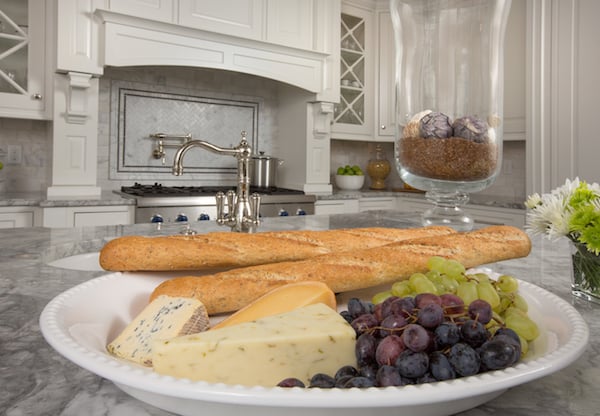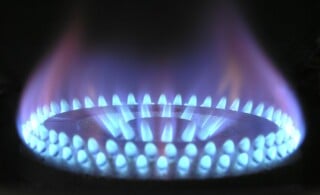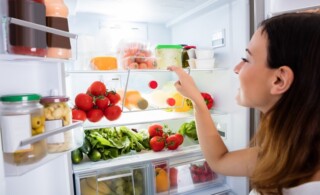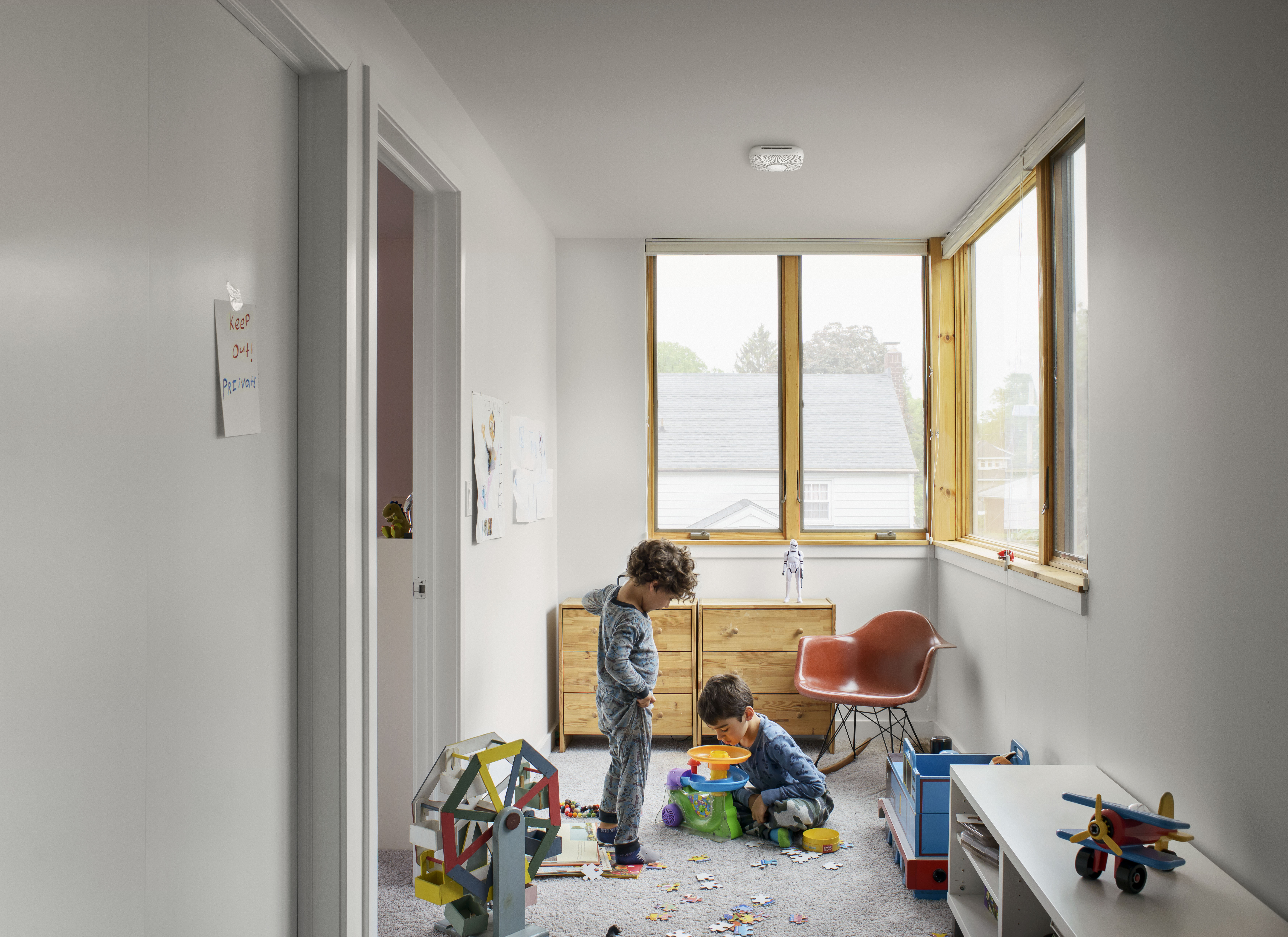
The kitchen can be a dangerous place. There is the possibility of getting cut, or accidentally getting burned while cooking. Children and adults both need to be aware of basic kitchen safety. Basic home kitchen safety can prevent foodborne illness, and other accidents from happening. Once you master these tips, you can begin to safely explore cooking gourmet and enjoy your time in the kitchen.
1. Wash Your Hands Before Preparing Food
One of the most important things you need to do before handling any food is to wash your hands. This will remove any germs you have picked up during the day. You should also wash your hands after handling raw meat or cracking eggs. This will prevent cross-contamination from foods.
2. Know About Food Safety and Keeping the Kitchen Clean
It is important to know how to properly wash your fruits and vegetables. You can put them under running cold water for a few minutes. This should remove any pesticides and dirt that they brought home with them. Additionally, you need to make sure that you wash any cutting boards or utensils that came into contact with raw meat. This is a common mistake among beginning cooks and can make people really sick.
- Best Ways to Wash Fruits and Vegetables
- Safe Handling of Fruits and Vegetables
- Food Safety for Fruits and Vegetables
3. Know How to Use a Knife Properly
Stitches are no fun, and learning how to use a knife properly can save you a trip to the emergency room. Always cut down and away from your body. When using a cutting board, be sure to tuck the fingers of your other hand in toward your palm. It is better to cut slowly and carefully than to try to show off how quickly you can dice and chop.
4. Use Your Microwave Correctly
When you are using a microwave, you need to make sure that you use it properly. Be sure that you are careful when you are removing hot items from the microwave and be especially aware of the steam. Potholders can help you avoid being burned. Additionally, you should never run an empty microwave or use metal in it. Microwave safe dishes will not melt in the microwave and do not contain metal.
5. Be Careful When Handling Hot Liquids
The majority of burns in the kitchen come from spilling hot liquids. When you are handling hot liquids, you need to be careful not to splash or spill the liquids. When pouring liquids, you should try using a funnel to keep water or other hot liquid from splashing out. When you are ladling soup, be careful so that you do not splash. If you do spill something on yourself or someone else, immediately put the burned area under cold running water.
6. Store Your Food Properly
Food poisoning can be caused by improperly storing your food. You can prevent this by making sure that you refrigerate the foods that should be kept cold like milk, salad dressing, and potato salad. If you are storing hot, cooked leftovers, be sure that you cool them properly before putting it in the refrigerator. This will prevent bacteria from growing in your food.
7. Check for Mold and Throw Away Moldy Food
Before you eat or cook food, you need to carefully check the food to make sure it is safe to eat. If the food is moldy, you should discard it. Vegetables, fruits, bread and meats can all grow mold. You should also make sure the food has not spoiled and is not past the expiration date. You can be safe by following the adage, “When in doubt, throw it out!”
- Moldy Foods
- After Cutting Off the Mold Is the Remaining Food Safe to Eat?
- Molds on Foods: Are They Dangerous?
8. Use Your Appliances Correctly
It is important to know how to use your appliances correctly to prevent fires and to stay safe. For example, you should never stick a metal object into a toaster. You should also stay close to your toaster in case it does not pop up in time. Similarly, you should be careful when operating other small appliances in your kitchen.
9. Take the Time to Clean Up Spills
When you are cooking, you should make sure that you clean as you go. Although you may not do the dishes while cooking, you will want to clean up any spills on the floors or counters. This can prevent you from slipping while you are cooking or accidentally spreading germs found on raw meat. It only takes a few seconds to clean up a spill so you can continue cooking.
10. Never Leave Your Stove On and Unattended
One common cause of kitchen fires is leaving food unattended on the stove. You should also look to make sure you do not have any paper or cloth items near the burners. If you are using a deep fat fryer, you should watch it carefully. When oil begins to smoke, it is too hot and can cause a fire, so you must turn the temperature down if needed.
11. Learn How to Put Out Kitchen Fires
Kitchen fires can start and spread quickly. Everyone should know how to properly put out the fire. Since you may be cooking with oil, throwing water on the fire can make it spread. You should have a fire extinguisher in your kitchen that is rated for kitchen fires. You can use this to quickly put out larger fires.
Additional Kitchen Safety Tips
Kitchen safety should be a top priority in your home. In addition to making sure the food is prepared correctly, you need to keep the cook and other people in your kitchen safe from accidents. Taking the time to review the rules with your children and teenagers will make your kitchen safer. Whether you are cooking or just reheating food, you should always be careful in the kitchen.
- Safe Food Handling at Home
- Prevent Salmonella
- Avoid Cross-Contamination
- Food Safety Mistakes You Don’t Want to Make
- Food Handling Safety
- Spring Clean Your Way to a Safer Kitchen
- Summer Food Safety Tips
- CDC Food Safety
 Home Improvements to Prevent Kitchen Fires
Home Improvements to Prevent Kitchen Fires  Kitchen Safety: Proper Food Storage
Kitchen Safety: Proper Food Storage  11 Home Security and Safety Tips
11 Home Security and Safety Tips  How Can I Remodel for a Vintage-Style Kitchen?
How Can I Remodel for a Vintage-Style Kitchen?  How to Choose the Best Smart Smoke Alarm
How to Choose the Best Smart Smoke Alarm 

Are You Familiar With This Topic? Share Your Experience.